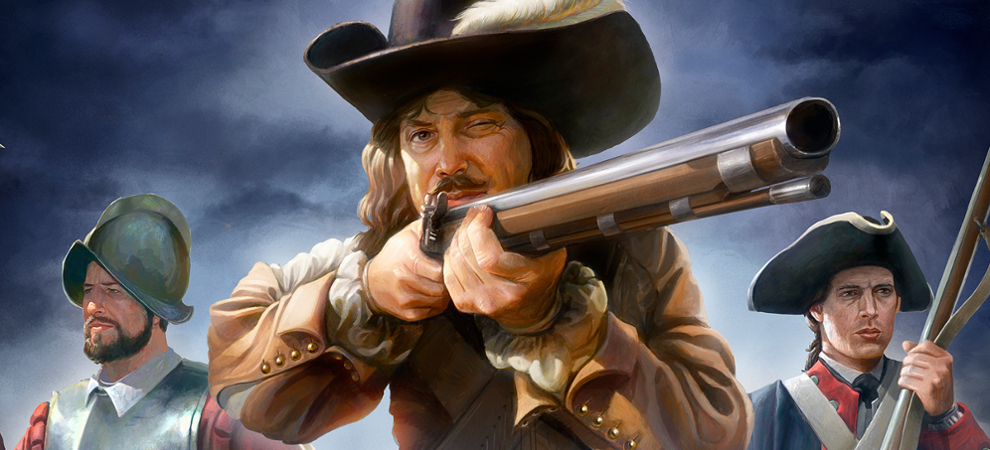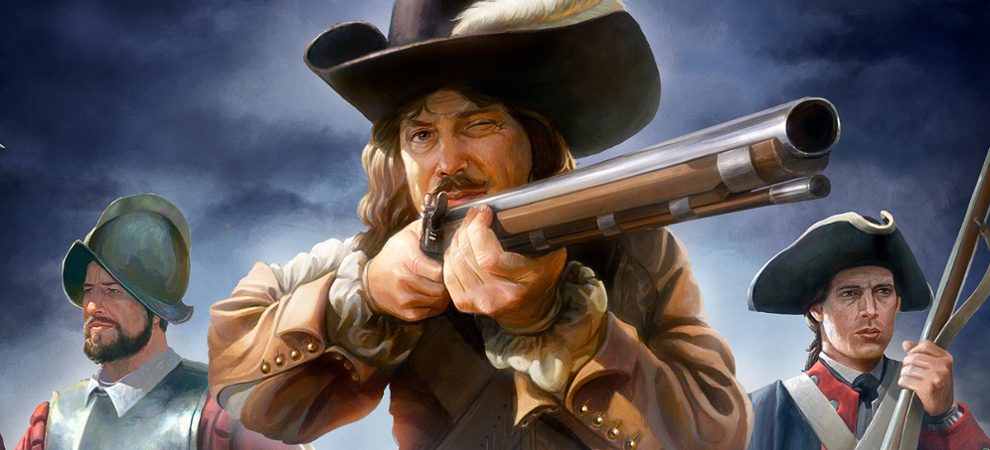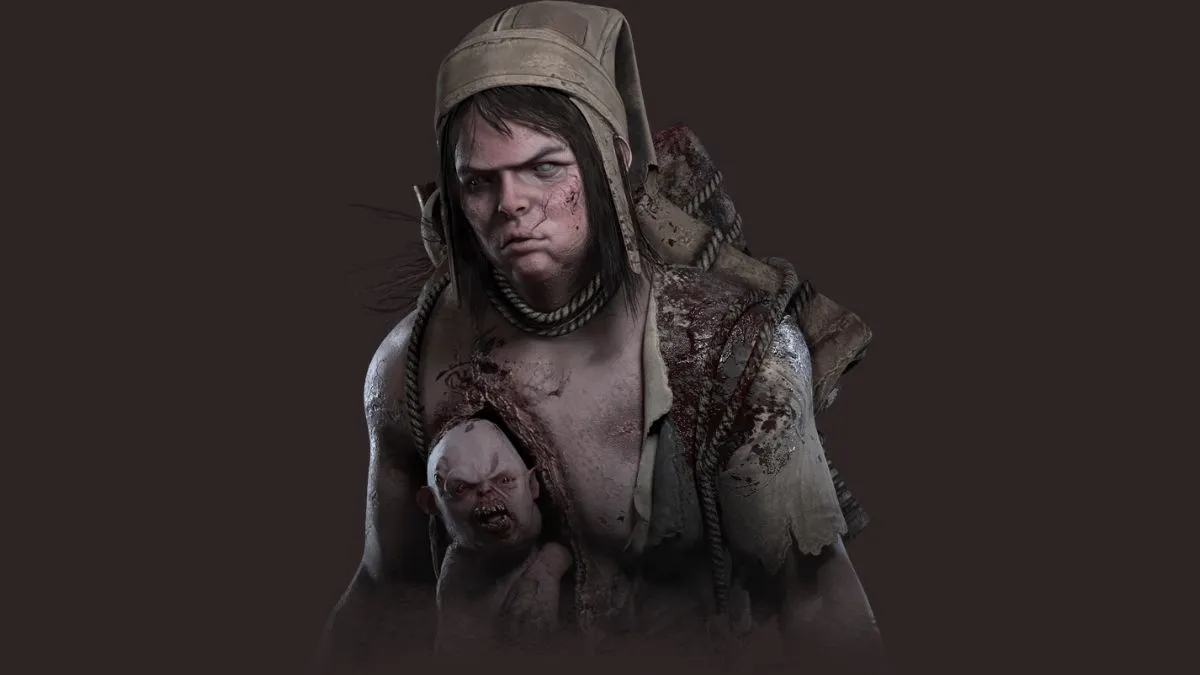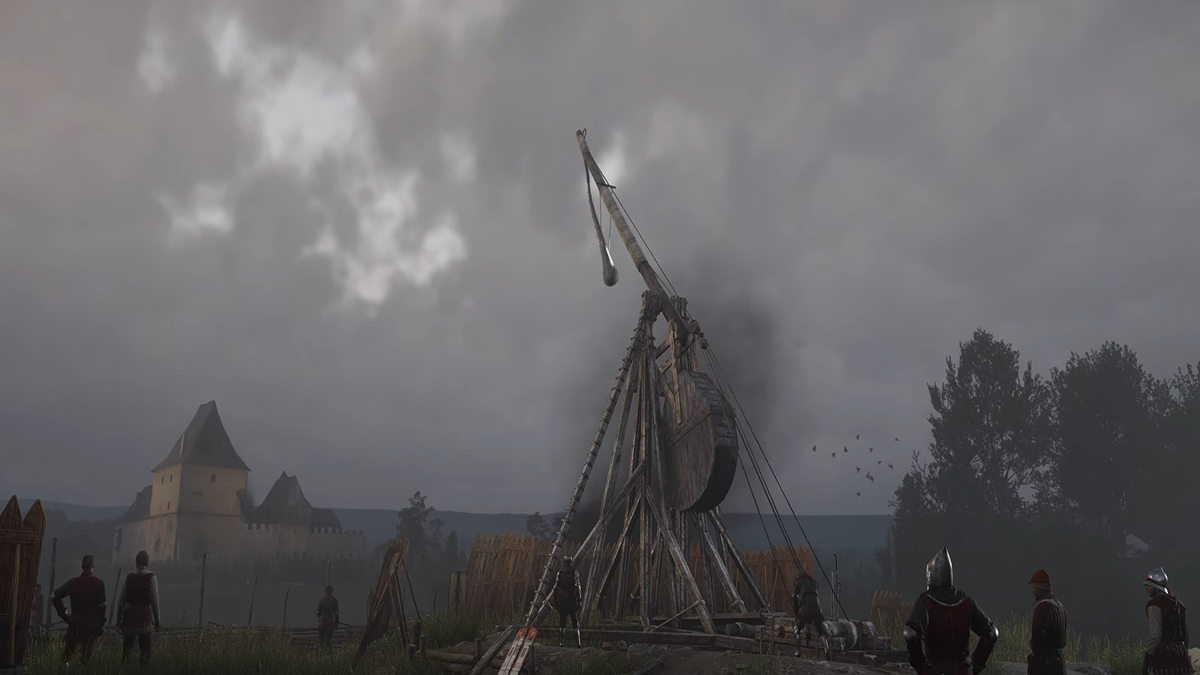King for an hour
If any grand strategy title is going to make me feel like a Machiavellian genius one minute, and a gibbering idiot who couldn’t take care of a bank account — let alone the economy of an entire nation — the next, it’s one of the Europa Universalis games. Just when I think I’ve got things under control, a vast army of rebels pops up, or a civil war begins, or three countries declare war on me in quick succession, or the worst possible thing happens: inflation.
The latest installment in the series, Europa Universalis IV, promises the same level of complexity in a constantly changing facsimile of the world from the end of the Middle Ages and into the Modern Age, but with less obfuscation and a lot more context for political and military actions. It’s still at a quite early stage, though it is playable, and appears to be coming along quite nicely.

Europa Universalis IV (PC)
Developer: Paradox Development Studio
Publisher: Paradox Interactive
Released: Q3 2013
Running off an upgraded version of the Clausewitz 2 engine from Crusader Kings II, Europa Universalis IV has one of the pretties maps I’ve seen in a grand strategy title. Seasons change, altering the aesthetic of the landscape appropriately, even adding different color schemes for different times of year, water shimmers and reflects the constantly moving, tiny fleets and the flocks of seagulls above, and on the land, armies move across nations, fleeing or heading to battle. It’s a lively map, but more importantly, it’s one that presents information very well.
For this demonstration, Sweden was chosen — rather appropriate considering that Paradox is a Swedish developer and we were in the rain-soaked capital of Stockholm — and things didn’t look too good for the Scandinavian nation.
It starts off subordinate to Denmark, the nation it’s in a personal union with, and it’s ruled by the Danish king, Christopher III. The Swedes, as one might expect, were less than pleased about their lack of independence, and at the start of the game, two groups of rebels were causing quite a bit of trouble.
One of the subtle, yet very pervasive changes from EUIII to EUIV is how the game presents players with lots of potential goals, which all seem logical and organic. While grand strategy games are all about about making your own goals, in this case, the tools with which you construct your goals are that much clearer and more intuitive.

Take Sweden’s situation, for instance. The kingdom is stuck in a union, has multiple rebel armies traipsing across the country, and lacks real military power. In previous games, players normally just had to wait for the union to dissolve before they could really get stuck in, but now they have much greater control and opportunities for interaction.
Dealing with the rebels might seem like a first, natural step. Instead of rebels cropping up due to low stability or other slightly vague reasons, each rebel faction has some sort of goal. In the case of the two Swedish rebel forces, one was led by Karl Knutsson Bonde (later King Charles VIII of Sweden) and they sought independence, the other was a peasant revolt who were demanding lower taxes.
Bringing up the new rebel menu reveals a plethora of information about the rabble-rousers, from their objectives, how close they are to victory, and how a leader might affect them. Increasing stability might slow them down or get rid of them, or in the case of the latter faction, lowering taxes might put an end to the revolt, entirely. There are many options available for any given situation, and crushing rebels under a steel boot is not the only way to resolve such a conflict. Peaceful tactics are just as legitimate.
Knutsson’s rebels were the greatest concern. Leaving them alone may allow them to successfully forge an independent Sweden, with the rebel leader as the new king; a king, I should add, with fantastic stats. Players might want to take this opportunity to free themselves from Danish rule, and get a very strong leader. However, the Danes wouldn’t be happy at all, and would inevitably try to bring Sweden back into the fold. At this point in time, Sweden isn’t really able to stand toe to toe with their power neighbor. Thus, it may be smarter to destroy the rebels, or hold them off at least until Denmark is otherwise engaged.

Wars are now much more objective oriented, just like rebellions. It’s a bit like the war goals from Victoria, in fact. When declaring war on another power, players can choose an end goal for the war, like the dissolution of the union, or conquest of a specific province. It looks like it will give a lot more context to the conflicts that crop up all the time, as well as having nations progress along a rational path, instead of just getting into aimless fights.
Of course, having a strong leader would be a huge boon. Leaders are considerably more fleshed out in EUIV, and there’s clearly some inspiration from Crusader Kings II in the design of the monarch system.
Monarch powers are tied into almost every aspect of the game — in fact, almost all the systems that were demonstrated seemed to be extremely integrated. In the older titles, monarchs had points in military, diplomatic, and economic abilities, but it’s been expanded significantly. Instead of merely getting bonuses to actions connected to these three abilities, they also generate power points that can be spent throughout the game.
With these points, players can unlock new technologies, buy national ideas, assault besieged castles, and turn provinces into cores, integrating them into their nation. It’s a resource that comes into play constantly. It also creates scenarios where you must weigh up risk and reward, deciding whether to save up points to unlock technological advances, or spend it now to increase the stability of your nation, in turn reducing the chance of revolts and generally making it more efficient.

This feature lends itself well to the organic nature of countries, as they rise and fall. You might start off with an impressive military monarch, inspiring you to invest in military technology and ideas, while expanding your armies and core provinces, but on his death bed, things could change entirely. Instead of a military leader, you might find yourself with a king who knows nothing of combat, but is a diplomatic savant. In that case, you might want to change your objectives, investing alliances with neighbors, or using diplomacy to undermine an enemy rather than force.
The intent is to keep the game fresh, replayable, and fix the issue of nations becoming far too powerful long before the end of the game, which left players little to do beyond speeding the game up and watching victory loom ever closer.
That is not to say that a diplomatic or economic focused leader can’t rule a military power. Their abilities can be augmented by advisers, which have had an overhaul since the last game. Where once there were vast numbers of them who conferred upon a nation significant bonuses, there are now far fewer, and these bonuses are not nearly as large — they are more for flavor. These wise fellows now have stats, much like monarchs, which augment the leader’s own abilities. So a financial genius who hasn’t even held a sword can still be a conqueror if he has the appropriate advisers.
With the rebel armies making a mess out of the kingdom, and the Danes presenting a large threat, strengthening Sweden was of paramount importance. One of the ways in which a nation can be molded and improved is by unlocking advances, both technological and ideological. These systems should still be familiar to players of the previous installments, but now they are vastly more logical and connected.

Technologies, which can provide bonuses to tax, combat abilities, and even new forms of government, are attached to specific national ideas. Players can see how they interact with each other, and on the menu, they can quickly figure out what advantages they have from tech at the moment, as well as what bonuses they will receive from any new advances.
In the national idea screen, unique cultural ideas now exist. In Sweden’s case, they have an idea called Swedish Steel, for instance, which ties into the discipline of the Swedish army at that point in history. There’s another called Hakkapeliitta, which was a type of hardy Finnish cavalry during the Thirty Years’ War (1618 – 1648). So the idea screen is tied into history, adding more character to the different nations. These ideas might provide new units, tactics, or be concepts that provide passive bonuses.
Instead of choosing from a massive list of ideas, you unlock idea groups. So, you choose a focus or a goal, rather than just picking different individual ideas. Once you unlock a group, you can spend points on the ideas within that group. Completing a group confers extra bonuses.
If your goal is to exploit and colonize the new world, you might want to focus on the exploration idea group. Maxing out the ideas in that particular group will provide the nation with more colonists, which are imperative for taking over the new world, and are also not nearly as easy to get as they were in previous games. Getting a new envoy (colonist, merchant, diplomat) is now a much bigger deal, and has a far greater impact.
The wealth of the Baltic was laid out beneath Sweden, promising income and a potential monopoly. Trade and economics have always been an important facet in grand strategy games, and Europa Universalis isn’t any different in that respect, however, the way it has been implemented in EUIV is far more hands-on. Rather than merely sending merchants to trade centers to compete with other merchants for influence, it has been expanded into three systems.

Trade routes spread across the world like veins, with the direction of the flow of trade shown clearly. Players can interact with this network in a variety of ways. Merchants can be positioned in trade nodes, where they can direct the flow of trade in a particular way, potentially increasing the monarch’s coffers. Controlling provinces with these nodes will give players more control over them, emphasizing the connection between war and economics.
Naval and expansionist powers can also dominate trade through different means. A fleet can be placed on a trade route, again allowing the direction of trade to be manipulated, or for money to be skimmed off. Bases along trade routes — for instance, along wealthy coasts — will also allow players to do the same.
It’s very easy to see where trade is coming from and where it’s going, which makes it easier to choose trade objectives and plan accordingly. Fighting with other nations over trade and economically strong provinces will be inevitable, adding another facet to warfare. It’s simple to get into, but opens up a wide array of new options, so it still retains the complexity the genre is known for.
Declaring war on other nations — whether it be for economic reasons or otherwise — used to have a massive impact on your reputation with other countries. After annexing a few kingdoms, the whole world would dislike you, from people close by, to the distant orient. In keeping with the theme of having everything make logical sense, this system has been scrapped, and has been replaced with a relationship mechanic similar to Crusader Kings II. Instead of having a reputation that goes up or down based on your conquests, states exist which inform the AI on how to react to you.

So, if Sweden annexed Norway, the nations close by would feel threatened, and those who are of the same religion would get rather miffed, fundamentalist style. However, distant lands won’t have a clue that you’ve done this, while rivals of Norway will be rather pleased. Rivalry is an important new feature which allows players to alter their relationships with foreign powers by becoming rivals with others. It’s a case of the enemy of my enemy is my friend.
The aforementioned religious aspects of the series have also seen quite a few changes. Right now, Catholicism, Orthodoxy, and Islam all have unique mechanics that set them apart from each other. Extra additions like Protestantism may be featured, by at this point it’s still just being discussed.
Catholic powers can play cardinal-maker by using papal influence to vote for new cardinals, as well as attempting to get these religious gents in their pocket. Orthodox nations have a mechanic called patriarchal authority, which, when high, can hinder a nation, but it can also help it and confer bonuses. Similarly, Islamic states have piety, which provides bonuses like stronger fighting units and fundamentalist warriors, but may shrink should the player adopt new ideas and technologies that the clerics don’t like. Other features, like polygamy, also have an impact on a country. Muslim lands might be more stable due to all the potential heirs, but it’s also more likely that you will get a string of terrible leaders that are hard to get rid off.
It’s clear that the core philosophy behind Europa Universalis IV is giving players the tools to create their own goals and make important decisions. There are an absolutely mind-boggling amount of options, but there’s a lot of subtle guidance provided by the clear choices players are compelled to make. From the hour of gameplay I got to experience, it seems even more immersive and expansive than the previous iterations, and the streamlining hasn’t negatively impacted the large amount of content.
There are still about eight months of development left, and there were features that were not ready to be showcased, so I merely got a glimpse of the tip of the iceberg. Regardless, it was enough to make me rather excited about the finished product, and I look forward to getting some hands-on time with it in the future.





